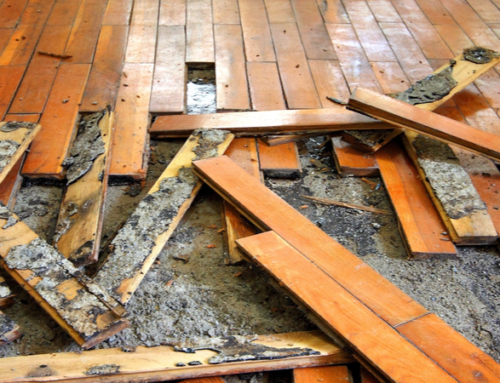Q: My husband and I bought a condo a couple of years ago. When we moved in we found out that the old board knew of a number of structural problems and never told the owners.
The developer of our project went bankrupt and the new board hired an engineering firm to do a complete reserve study. Do we have to disclose these issues to our buyer when we decide to sell?
A. Your situation is one that many sellers face every day when deciding to sell their property: to disclose or not to disclose. One key element in determining whether to disclose a problem is if the issue has been corrected. If it has been taken care of, usually no disclosure is needed.
However, if the problem is a recurring problem even after many attempts to correct the problem, then disclosure may be required. If you want to avoid any potential litigation with your buyers, you should disclose relevant information to your buyers.
You will need to keep in mind that some states have “seller disclosure laws” that may require you to disclose these problems whether you want to or not. In addition, if you fail to disclose the problems, you may be liable to your buyer for not only the expenses they incur in fixing the problem but also the costs they incur in suing you to have you pay for the problem.
If you live in a state where you do not have to disclose these problems up front, keep in mind that if the buyer asks about any of these issues directly you will have to answer truthfully.
I generally recommend that sellers stay on the safe side and disclose problems to the buyer rather than risk having the buyer find out about them on their own. If the buyer discovers something, it might appear that the seller was trying to deceive him or her. Once a buyer feels deceived, a sale can quickly fall apart.
May 21, 2004.




Leave A Comment